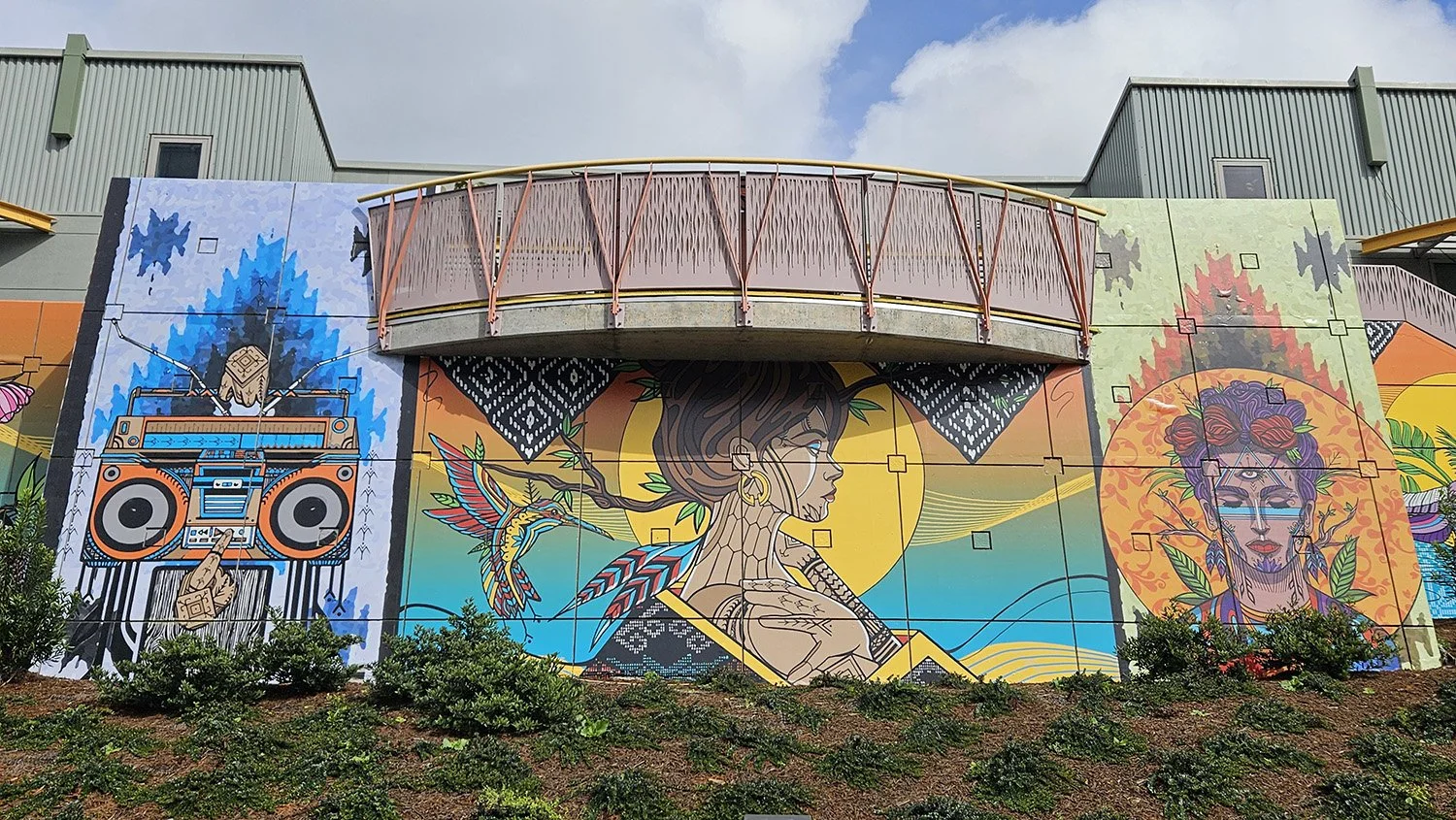My Beef With Brexit
/Britain votes to leave the European Union (Source: wikimedia.org)
The day before, a referendum had been held for the United Kingdom (UK) to leave or remain in the European Union (EU). I went to sleep taking for granted that I would wake up still a part of this union.
When I was studying for my citizenship exams nine years ago, one of the things I learned was that the UK joined the EU in 1973, to be part of this federation that existed to reduce the likelihood of another war in Europe. The reason behind this was that nations who trade with each other are less likely to take up arms against their partners.
Another thing was that historically, the UK has been a nation of immigrants. It has had a tradition of offering refuge to people fleeing persecution and hardships. My husband’s family, for instance, has German-Jewish heritage and Irish lineage.
It seemed that the thrust of the Leave campaign was counter to what I learned about this country. So I hadn’t expected Leave to win.
The campaign had been nasty. Jo Cox, a Member of Parliament (MP), was murdered for her stance to remain in the EU (and to be accepting of Syrian refugees). She was an inspiring supporter of causes for immigrants and refugees. She was also a mother, like me. Her death was heartbreaking, and sadly indicative of all that is wrong with the xenophobic rhetoric of the Leave campaign.
“It’s almost as if Brexit gave racists the mandate to be openly hostile.”
It was difficult to understand the issues raised during the debates. The Remain camp didn’t offer clear solutions, while all I heard from the Leave side were screams of “We don’t want immigrants!” And as an immigrant, it makes me sad, upset, angry and very, very worried.
One of the proponents of the Leave campaign came up with a poster of people fleeing war, and the message attached is that these people are coming to the country to “take our jobs, here for benefits,” which is repulsive, because refugees need help, and all the immigrants I know (both from the EU and beyond) are hardworking, decent people.
There were claims that if we stopped our EU membership, vast amounts of money would be poured back into the country to improve the National Health Service (NHS), our free health care system. This was later retracted, called a “mistake” moments after the result of the referendum. But the retraction came too late; many people had been deceived into believing it.
I don’t know how my Filipino friends voted, or if they even voted. We don’t really talk politics. Even with my English friends, we didn’t discuss Brexit, except for those who I already knew shared my perspective. Culturally, politics isn’t a topic of polite conversation.
A common initial reaction was “Where can we move? Canada? New Zealand? Scotland?” I spent that morning exchanging texts with my English friend Julie. “But Canada has bears,” she said. “I’d rather live with bears than xenophobes, “I texted back, later wondering if that also made me a xenophobe.
When I spoke to my sister-in-law, it turned out we had the same train of thought – move to Scotland. They voted a resounding Remain in the EU, and because of this, another Scottish referendum is likely. And in this post-Brexit climate, we believe they will gain independence.
It’s not easy to just up sticks. But there’s palpable desperation to leave this place that suddenly feels insular and claustrophobic.
It’s easy to forget that it’s only half the population who wanted to leave. The other half wished to remain part of the EU.
I don’t understand why there wasn’t more noise about immigration being a two-way street. That it isn’t just about immigrants coming into the UK, but us being able to move, live and work in Europe too. And that by closing our borders to immigrants we would, likewise, be closing ourselves in.
Immigration within the EU is a very complex matter, but the solution isn’t to demonize immigrants as this only fosters a xenophobic atmosphere. This is why I was against the Leave campaign.
There is already a backlash. In the wake of Brexit, BBC news reported about the hostility people have been experiencing because of their skin color or background. They are being told to “Go back home!” or “I voted you out!”
It’s almost as if Brexit gave racists the mandate to be openly hostile.
This is a democratic nation, and democracy was exercised. But it was ill-informed democracy if people didn’t even understand what they voted for. And if that is the case, shouldn’t the result be null and void?
The implications of Brexit are unclear. No one knows exactly what is going to happen, and this is unsettling. But I can’t let myself be paralyzed by shock. I have children and I have responsibilities, both as an immigrant and a British citizen. And I have to keep positive to fight on. I am putting on music, I am celebrating the diversity of this nation, and carrying on in defiance.
Emmily Magtalas Rhodes is a full-time mother of two boys. She lives in Derbyshire, England.
More from Emmily Magtalas Rhodes



